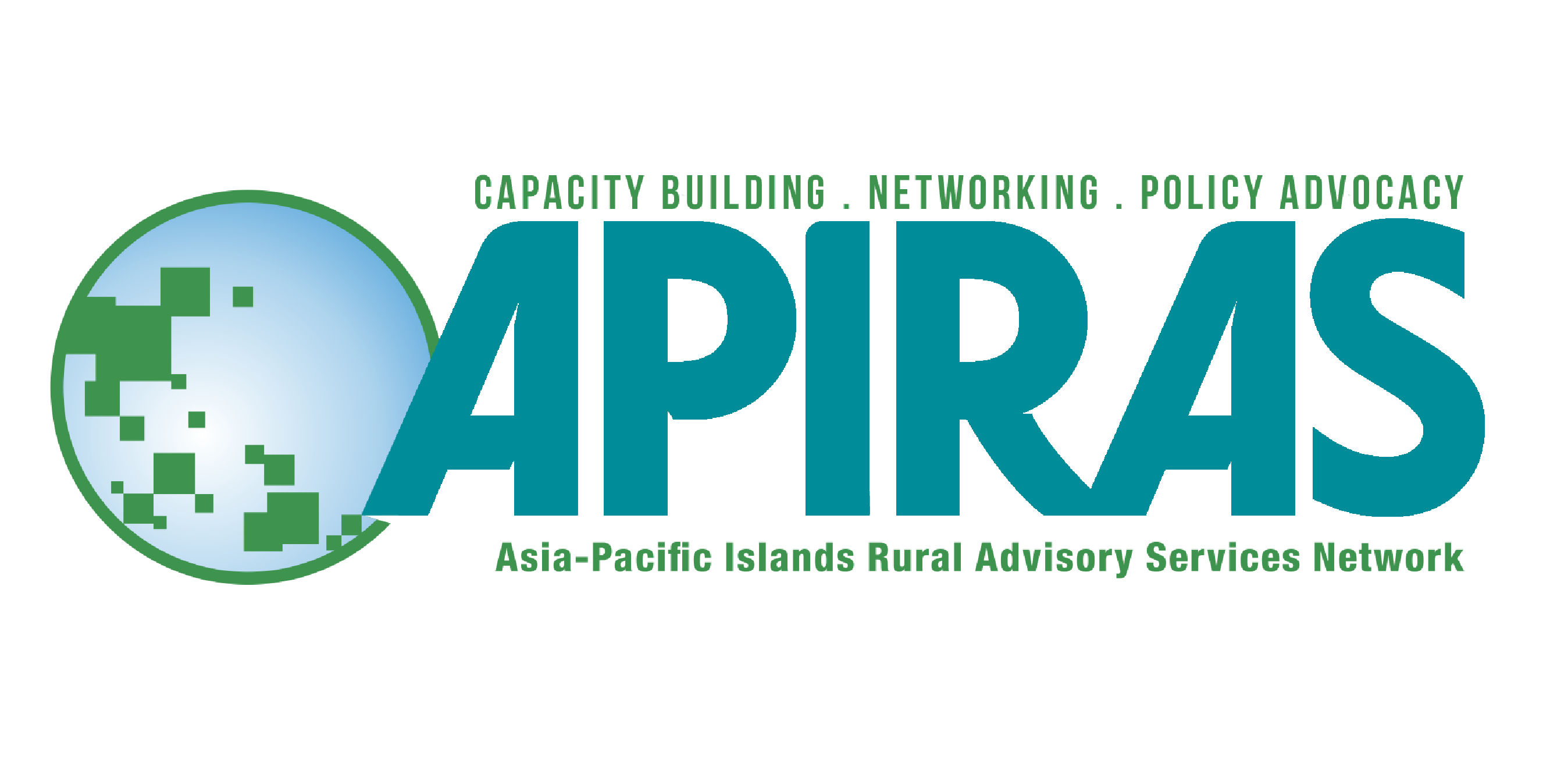Scaling agroecology using video in Africa and India
This manual is a tool for produce growers to learn about food safety risks and apply that knowledge to review their farm practices and operations to identify where food safety improvements may be needed. By following the guidelines and recommendations outlined in this manual, growers can assess their current practices and take proactive steps to enhance the safety and quality of their fresh produce.
Produce growers worldwide play a pivotal role in nourishing our communities, providing essential sustenance, and contributing to local economies. However, with increasing attention on food safety and environmental sustainability, growers face ever-evolving challenges. It has become imperative to adapt to a new era of best practices, embracing modern techniques and standards that ensure both the health of consumers and the vitality of our planet. This detailed Good Agricultural Practices (GAPs) manual was developed to meet this need by enhancing the current Nepal GAPs for fresh produce growers. The primary goal is to empower produce growers with the knowledge, tools, and guidelines necessary to navigate the complex landscape of fresh produce safety and GAPs.

